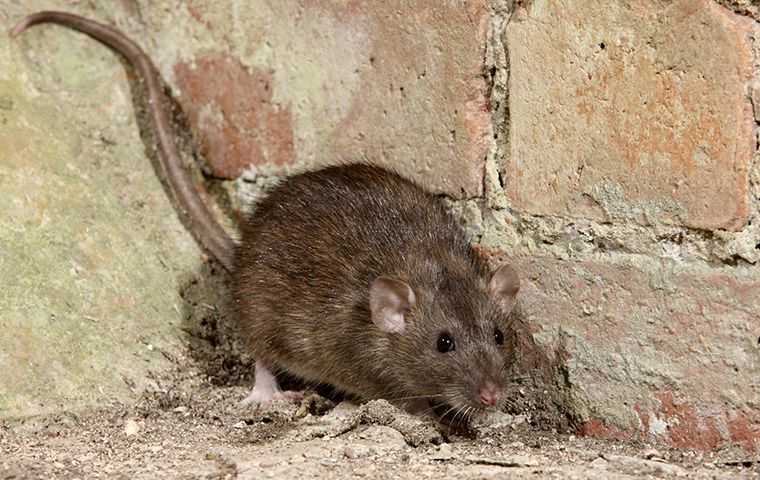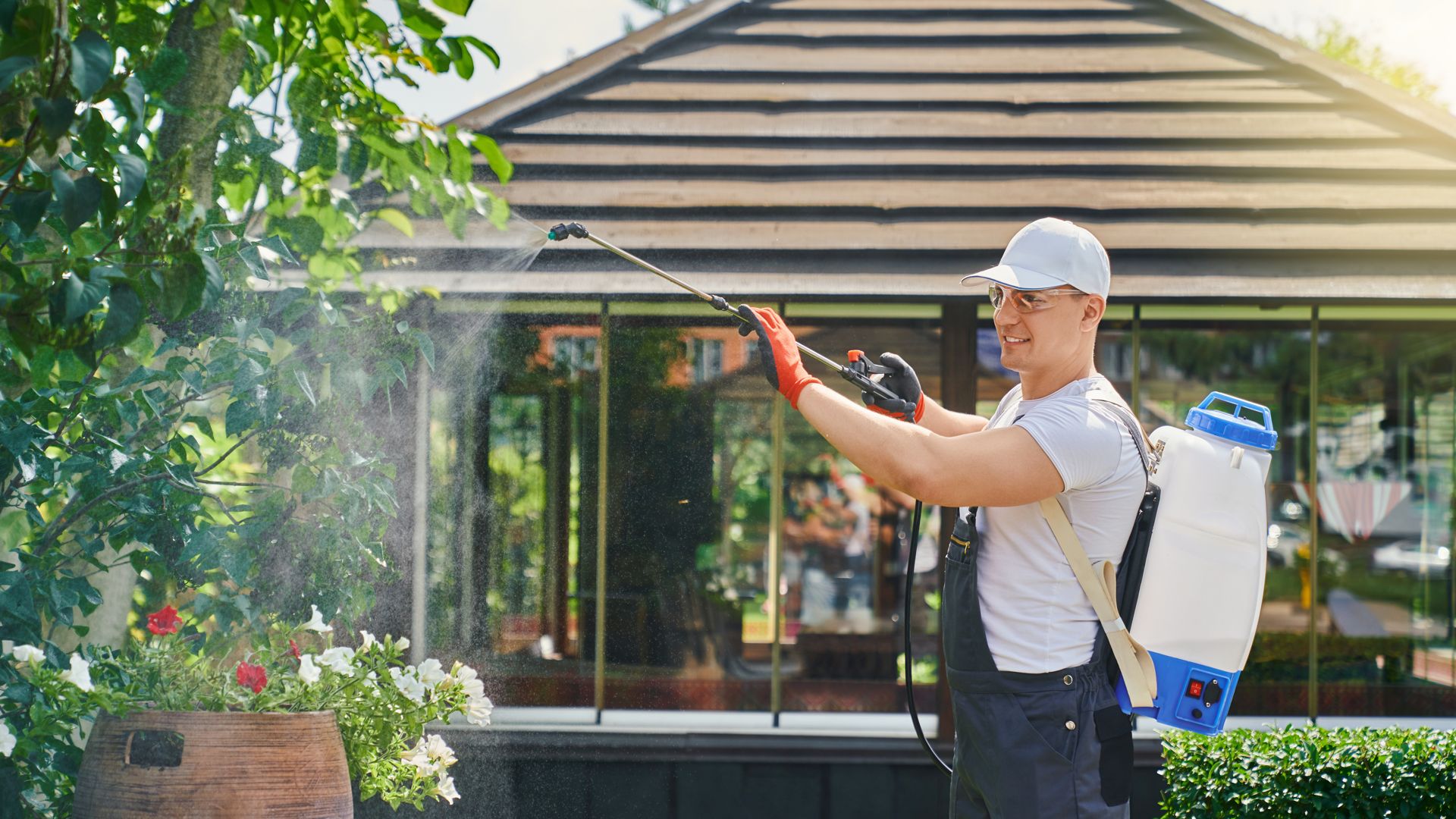
Rodent Control Done Right For Your Orange County Property

There is a right way to do something, a wrong way to do it, and everything in between. When it comes to addressing rats, mice, and sometimes squirrels, it is best to do it right the first time. Even partial success is no success at all. The last thing you need is rodents in attic spaces, wall voids, and structural cavities within your kitchen. The things they do in your home make them terrible houseguests, if we're being honest. So, what does effective rodent control in Orange County actually look like? It should come as no surprise to you that traps and pest-proofing are the heart of a solid pest control plan. But, while you may know this, applying these requires some know-how. Join us today as we share with you a few essential facts about rodents and rodent pest control. We'll tell you what works and why, share some of the challenges, and help you zero in on the best strategy to manage rodent pests. Before we start, we'd like to quickly remind you that The PEST Group is here to support you in your efforts to control pests in and around your property. We offer science-based solutions for rodent control in Orange County and are equipped to help you find an effective solution. Navigate to our contact page to ask questions, learn more, and find out pricing on rodent services in Orange County.
The Most Common Types Of Rodents
There are many different types of rodents. It is actually quite surprising. Fortunately, most rodents aren't going to infest your home. Have you ever heard of a beaver infestation? But, the few rodents that cause trouble make up for all the rodents that don't. It is essential to know a few important facts about them.
- House Mice: The most common home-invading rodent is aptly named the house mouse. These gray mice do exceedingly well indoors and are able to live off crumb – quite literally. Once they get into your home, it is hard to get these critters to move out.
- Deer Mice: If you see a deer-colored mouse in your home, we have some good news for you. These tawny mice with their white underbellies aren't keen on living inside your home. They are far more likely to take up residence in your shed. You may have success driving them out and keeping them out. We'll share tips later in this article.
- Norway Rats: If you see a brown rat scurrying across your lawn and tucking itself underneath a structure in your backyard, you've had a Norway rat sighting. These brown rats tunnel in the ground and may only live in your yard, not inside your home. Inspect your yard for holes in the ground, particularly next to structures or near junk piles. If they're getting inside, they'll likely do so through entry points in your foundation, concrete slab, or lower exterior walls. Search for black marks, gnawing, and fecal matter.
- Roof Rats: If you see a black rat in your yard, it is a roof rat. These rats are adept climbers who prefer to live in high places such as tree cavities. It only makes sense that they love living in attic spaces and wall voids. They're most likely to enter your home in the same way a squirrel does. Look for damaged soffits, eaves, and fascia. Check for holes in weather-proofing around roof penetrations. Inspect your attic for nests, fecal matter, and urine.
These are the common rodents that get into Orange County homes and structures. If you see a rodent that does not match the descriptions above, take a photo and send it to us. If you aren't able to get a photo of it, send us a description. We can help you figure out what it is.
Rodents Can Spread Disease And Damage Property
How bad is it to have a rodent problem? Is it something you can ignore? Perhaps at first, but it gets harder to ignore rodent problems the longer they persist. We won't spend much time on this topic, but it is critical to the importance of doing rodent control right. Here are a few things rats and mice do inside your home.
- Rodents climb into garbage and pick up germs and microscopic worms that they spread around your property.
- Rodents consume microorganisms as they feed and groom themselves. Some of these pass through them and are found in their waste materials.
- Rodents leave urine and droppings as they explore indoor spaces. These are a source of contamination.
- Rodents carry ticks and fleas, which are vectors for pathogens that impact human health.
- Rodents chew holes through wood and other building materials as they explore.
- Rodents damage stored items as they find places to nest.
- Rodents tear up and soil insulation with their urine and droppings.
- Rodents chew on wires inside walls and attic spaces, creating a fire hazard.
Rodents cause trouble, and trouble grows as the population of rodents grows inside your home. That is why it is so important to catch warning signs early and take effective steps to address problems. We'll discuss how to effectively apply rodent control in a moment. We have one more topic to cover first.
How To Identify And Remove Factors That Attract Rodents
Long before you have rats and mice in your home, you have the ability to prevent an infestation. Rodent prevention begins with identifying what attracts rodents and how you can counteract these attractants to reduce activity and deter entry. Here are common rodent attractants:
- Bird Seed: Birds are not the only animals that love to eat seeds. Rats and mice are fond of them as well. Consider removing feeders.
- Leftovers: Rodents aren't picky. They're happy to eat the leftovers in your trash if you leave the cover off or overfill your receptacles.
- Junk Piles: Norway rats love junk. Consider storing junk in bins or containers to keep rats from making their home underneath.
- Structural Voids: Norway rats often nest under sheds and decks. If you install hardware cloth or fencing material, you may protect these common hiding places.
- Holes: Rats and mice love to squeeze into holes. They are the opposite of claustrophobic. Not only will they get into a tight space, but they'll also make small holes larger using their teeth. Sealing holes with expanding foam may not seem like it will do any good because rodents can chew through the material, but they often don't think to do so if there is no starter hole.
- Branches: Roof rats use branches in the same way squirrels do. These rats can get right onto your roof if a branch is touching.
- Wires: Roof rats run along wires, just like squirrels do. If you have wires that connect to your roofline, install guards to keep rats from getting onto your roof.
- Pipes: Rats and mice can scale the side of your home using pipes. Applying guards to pipes can create a physical barrier and prevent this behavior.
- Downspouts: Rodents may use your downspouts as upspouts. They can wiggle and work their way right up to your roof. Wire mesh can block access.
- Landscaping: Rats and mice love to hide in dense vegetation. Removing weeds and unnecessary grass and trimming your plants can make your landscape resistant to rodents.
All-natural methods like this will go a long way toward keeping rats and mice out of your home. What do you do if they've already gotten inside? Let's look at how pest management professionals do rodent control right.
The Most Effective Rodent Control For Your Property
Rodents in Orange County are tricky pests. While you may know that traps, bait, and rodent-proofing will address the problem, implementation isn't easy. There are many ways rodents might outsmart you. Rats are suspicious animals. When traps are placed down, these critters often avoid them. Mice are curious animals. However, they also avoid traps, but for other reasons. One big reason is that they can smell traps that have been touched by human hands. They may also smell the scent of decay from the last rodent you caught and avoid the trap. Moreover, the smell of a decaying rodent can cause mice to completely avoid the area. A trapping program must take into consideration the behavior patterns of the rodents being trapped. You'll have little success if you don't know what works best.
But let's say you have a gift for trapping rodents. The speed at which rodents reproduce is so rapid that they may have pups faster than you can remove the rodents from your home. You also have to consider applying the necessary rodent-proofing to keep new rodents from replacing the rodents you've removed. If not done right, you can find yourself in a never-ending battle.
Your pest management professional uses professional-grade products to capture rodents and manage rodent populations. Your trained pest management professional uses field-tested methods to capture rodents, monitor activity, and perform necessary inspections to ensure no rodents remain in the structure. We also do the hard work of applying exclusions, which rodent-proofs your home and keeps it rodent-free.
Contact The PEST Group for rodent control in Orange County. We'll help you zero in on the right solution to arrest all rodent activity and help you prevent future infestations. Jump to our contact page to connect. We're here to help.
What Our Customers Are Saying
-
“No complaints from me I would use them again when needed.- Chuck C.
” -
“Luis and his crew did a professional job from start to finish”- Manuel R.
-
“From start to finish, the process was just amazing.”- Ellen C.
-
“I was treated like a king.”- Tod B.
-
“Will never user another Pest Control service.”- August O.
-
“They called me so I could set my alarm and close my gates, and even brought in my trash.”- Robert M.
-
“Quick, efficient, competent and made you feel comfortable about leaving your home in their hands”- Darren S.
-
“Pest group has done several of our rental properties along with our own home. I have several plants and bushes next to the building and they went above and beyond to protect them.”- Wendy J.





